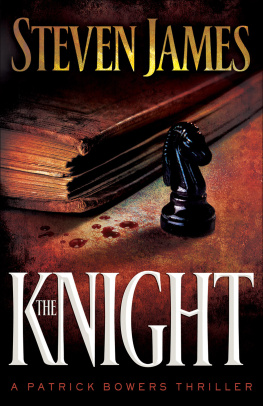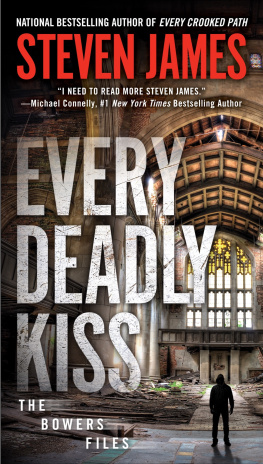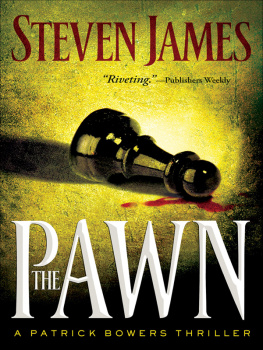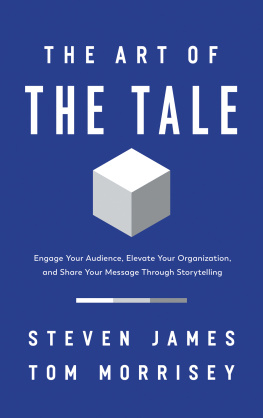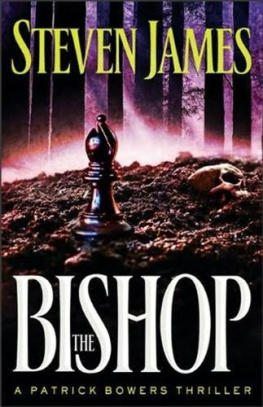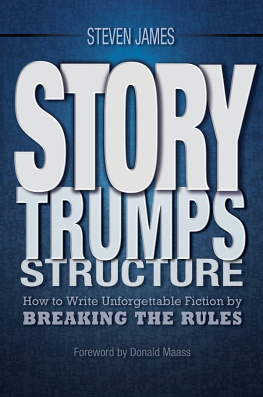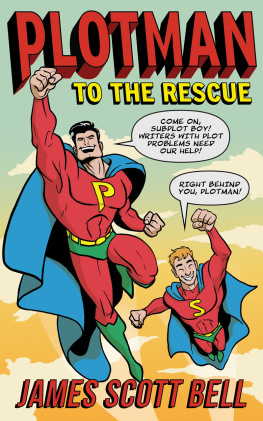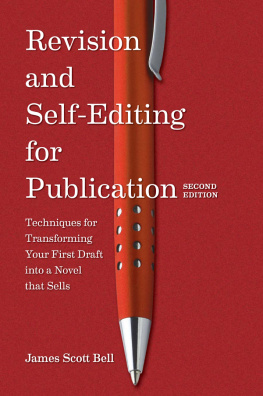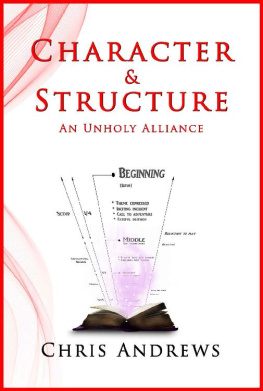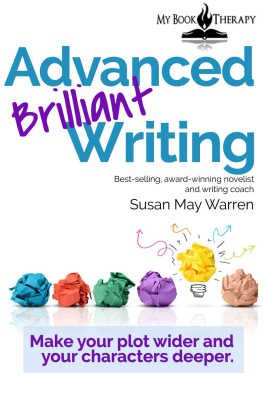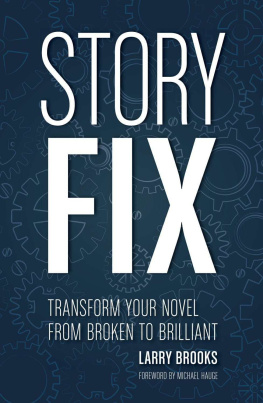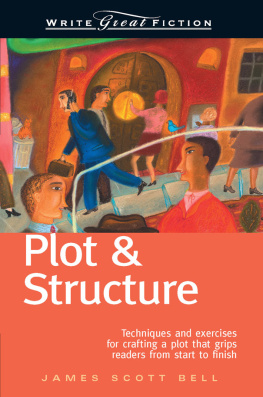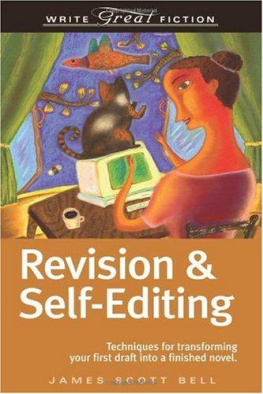Steven James - Troubleshooting Your Novel: Essential Techniques for Identifying and Solving Manuscript Problems
Here you can read online Steven James - Troubleshooting Your Novel: Essential Techniques for Identifying and Solving Manuscript Problems full text of the book (entire story) in english for free. Download pdf and epub, get meaning, cover and reviews about this ebook. year: 2016, publisher: Penguin Publishing Group, genre: Detective and thriller. Description of the work, (preface) as well as reviews are available. Best literature library LitArk.com created for fans of good reading and offers a wide selection of genres:
Romance novel
Science fiction
Adventure
Detective
Science
History
Home and family
Prose
Art
Politics
Computer
Non-fiction
Religion
Business
Children
Humor
Choose a favorite category and find really read worthwhile books. Enjoy immersion in the world of imagination, feel the emotions of the characters or learn something new for yourself, make an fascinating discovery.

- Book:Troubleshooting Your Novel: Essential Techniques for Identifying and Solving Manuscript Problems
- Author:
- Publisher:Penguin Publishing Group
- Genre:
- Year:2016
- Rating:3 / 5
- Favourites:Add to favourites
- Your mark:
Troubleshooting Your Novel: Essential Techniques for Identifying and Solving Manuscript Problems: summary, description and annotation
We offer to read an annotation, description, summary or preface (depends on what the author of the book "Troubleshooting Your Novel: Essential Techniques for Identifying and Solving Manuscript Problems" wrote himself). If you haven't found the necessary information about the book — write in the comments, we will try to find it.
You've completed the first draft of your novelnow what? Chances are, it's not perfect...at least not yet. In order to increase your chances of getting a literary agent, selling your manuscript to a publisher, or garnering an audience for your self-published work, you need targeted, practical instruction on tackling the problem areas and weak spots in your story. You need Troubleshooting Your Novel.
In this hand-on, easy-to-use guide, award-winning author Steven James provides helpful techniques and checklists, timesaving tricks of the trade, and hundreds of questions for manuscript analysis and revision. You'll learn how to:
ADJUST elements of story progression, from causality, tension, and setbacks to plot twists, climaxes, and endings.
DEVELOP authentic, riveting characters by exploring their attitudes, desires, beliefs, and more.
LEARN narrative techniques for elements such as dialogue, flashbacks, suspense, voice, subtext, and flow.
ENSURE reader engagement by aligning with their expectations, fulfilling promises, and instilling trust.
CHECK issues with context and continuity.
You owe your book more than just a polish and a proofread. Strengthen your story, prepare it for the marketplace, and make it the best it can be with Troubleshooting Your Novel.
Steven James: author's other books
Who wrote Troubleshooting Your Novel: Essential Techniques for Identifying and Solving Manuscript Problems? Find out the surname, the name of the author of the book and a list of all author's works by series.

